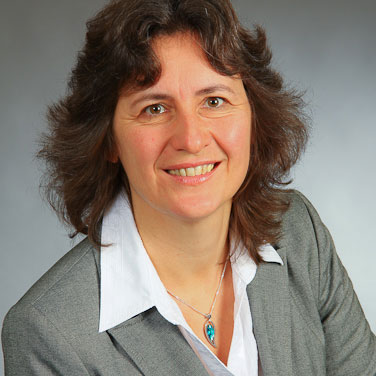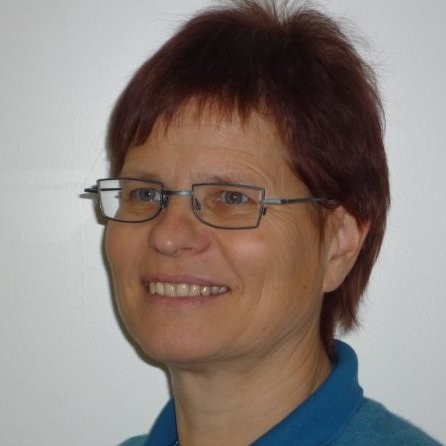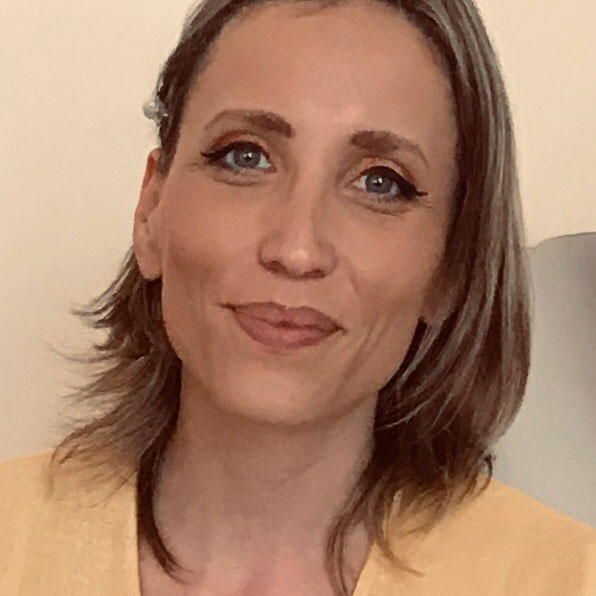Self-understanding of the Executive Committee
EATA is a voluntary organization with more than 30 membership organizations representing more than 7500 members all over Europe. It makes sense in such a complex organization to implement a committee with a clear leadership function to manage communication and development and at the same time to guarantee and support the self-organization of the members.
We understand the executive committee as a committee, that is in a leading position – but not in the traditional meaning of dominating the system and deciding the normative direction by its own.
The EC is responsible for the operative quality and the strategic fitting development. EC has to take responsibility for these tasks by connecting, analyzing, stimulating, controlling, supporting and deciding.
All these processes have to be done in an attitude of mutual respect and cooperation.
Core tasks of the Executive Committee
EC has to shape and fulfill 3 core tasks:
- Develop EATA strategy and policy: develop and foster implementation
- Develop and maintain relationships: with the different internal and external components of EATA and its partners
- Control and operation: governance of daily tasks, organizational support
This role includes for example:
- EC decides who is the appointed chairs, but does not decide this alone, but on the base and in cooperation with the committees.
- EC has the right to make a limited veto to the decisions of the committees, but on the base of cooperation and with the use of all forms of governance management that are fitting and available.
- EC has a clear job description, the borders to the committees are well enough formed – and on this base of clarity it can practice this modern way of leadership.
About the cooperation with the committees:
We assume that especially in a voluntary organization the autonomy of the committees is an important value for the motivation of the members. At the same time, we see the compulsoriness and connection in a complex organization as an important condition for effective work and good and common development.
The committees work in a way that is autonomously and compulsory connected with the EC. That means that the actions and decisions of the committees are free on the base of their contracts and the ethics and obliged to cooperate concerning the strategic and normative impact of their decisions.
In case of a disagreement EC and committee – chair have a mutual responsibility to manage the conflict. If – with all options of EATA conflict management there is no agreement, EC has the right for a limited veto. This veto is valid until the council discusses and decides the matter. This discussion/ decision can be organized by a procedure that uses information via mail and discussion and decision via (for example) zoom.
Website co-created by Maurits Baeyens, Bruno Gallier and XGalvany









